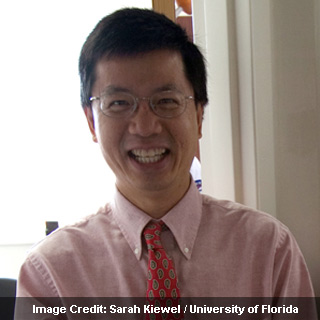
University of Florida researcher Dr. Nam Dang, and colleagues in Japan have supposedly recorded papaya’s drastic anticancer consequence against a wide variety of lab-grown tumors, counting cancers of the cervix, breast, liver, lung and pancreas. The scientists apparently utilized an extract made from dried papaya leaves, and the anticancer effects were said to be stronger when cells were given bigger doses of the tea.
Moreover, Dang and his colleagues recorded for the first time that papaya leaf extracts appears to augment the generation of key signaling molecules known as Th1-type cytokines. This regulation of the immune system, apart from papaya’s direct antitumor consequence on several cancers seems to propose likely therapeutic strategies that use the immune system to combat cancers.
The papaya extract did not appear to encompass any toxic effects on normal cells, evading an ordinary and upsetting result of numerous cancer therapy regimens. The success of the papaya extract in performing on cancer without toxicity is said to be steady with reports from indigenous populations in Australia and his native Vietnam, mentioned Dang, a professor of medicine and medical director of the UF Shands Cancer Center Clinical Trials Office.
Scientists seem to have uncovered 10 diverse kinds of cancer cell cultures to four strengths of papaya leaf extract and apparently gauged the outcome following 24 hours. Papaya apparently decelerated the development of tumors in all the cultures. To recognize the mechanism by which papaya monitored the development of the cultures, the team apparently concentrated on a cell line for T lymphoma. Their outcomes proposed that at least one of the mechanisms used by the papaya extract is said to be stimulating cell death.
In a comparable investigation, the team also observed the outcome of papaya extract on the generation of antitumor molecules called cytokines. Papaya was supposedly displayed to endorse the production of Th1-type cytokines, vital in the regulation of the immune system.
The discoveries seem to increase the likelihood of potential use of papaya extract components in immune-related conditions like inflammation, autoimmune disease and in a few cancers. The subsequent step in the research is to recognize the particular compounds in the papaya extract active against the cancer cell lines.
The research was published in the Journal of Ethnopharmacology.
